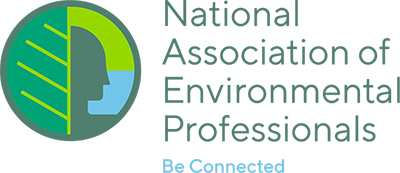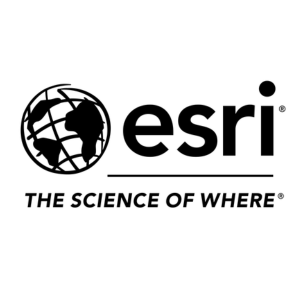I am not sure how many zoom meetings, webinars or casual conversations I have had over the past few weeks in which a question has been raised about what does the election mean for environmental professionals in 2021. For the past three years, NAEP has been keeping our professionals up to date with Advanced NEPA Workshops, 10 webinars a year, the NAEP annual conferences, Eblasts, quarterly editions of the Environmental Professionals Bulletin, NEPA/Cultural Resources/Biological Resources working groups, and responding to rule making so that our members have the tools to do their jobs of assessing the environmental effects using science so that the decision makers can make informed decisions. What do I see for 2021? Uncertainty! I do see a positive trend that the new administration is supportive of addressing climate change and basing decisions using science. The new administration’s transition team includes professionals with longtime experience in CEQ. I am hoping that the result is that the scientists, planners and engineers will be part of creating solutions to some of our critical environmental challenges. I do think that NAEP is going to be very busy in 2021 tracking ongoing litigation, proposed legislation, and rule making to ensure that our members have the information in a timely manner to do our jobs.



